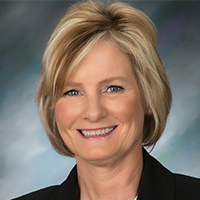Caledonia Estate Lawyer, North Dakota
Pamela Faye Coleman
✓ VERIFIEDDivorce & Family Law, Child Custody, Prenuptial Agreements, Domestic Violence & Neglect, Wills & Probate
The founder and owner of Coleman Family Law is Pamela Coleman. Ms. Coleman graduated in 2002 with a Bachelor's Degree in Business Administration and ... (more)
Alan C. Erickson
Wills & Probate, Personal Injury, Medical Malpractice
Status: In Good Standing Licensed: 47 Years
Alice Senechal
Professional Malpractice, Wills, Personal Injury, Workers' Compensation
Status: In Good Standing
Benjamin Eugene Thomas
Litigation, Estate Planning, Workers' Compensation, Family Law
Status: In Good Standing Licensed: 35 Years
Benjamin Eugene Thomas
Litigation, Estate Planning, Workers' Compensation, Family Law
Status: In Good Standing Licensed: 35 Years
Brandon Richard Pittenger
Landlord-Tenant, Traffic, Lawsuit & Dispute, Estate
Status: In Good Standing Licensed: 11 Years
Brett Anderson Brudvik
Real Estate, Industry Specialties, Estate, Business
Status: In Good Standing Licensed: 19 Years


